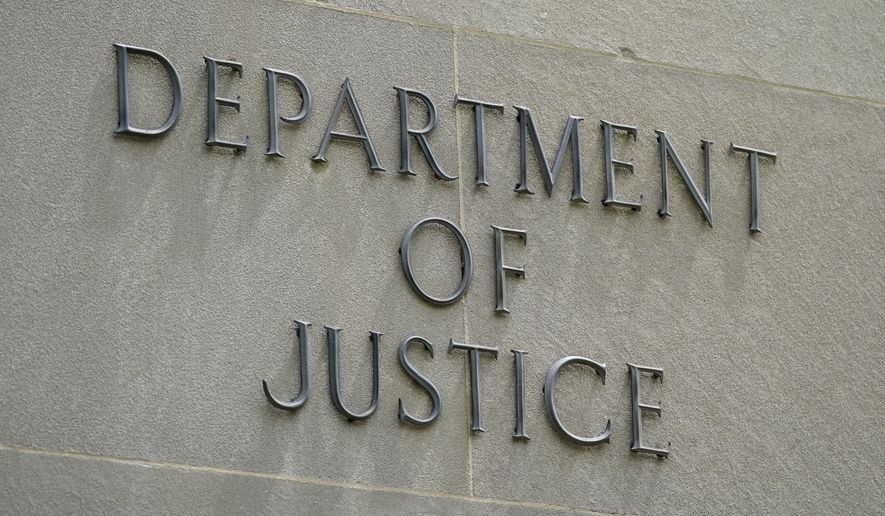Construction is set to begin on a 30-acre Muslim cemetery in Fredericksburg, Virginia, now that Stafford County dropped allegedly unfair rules to end a federal anti-discrimination lawsuit, the Justice Department announced Thursday.
The county has repealed regulations that had made it all but impossible for the All Muslim Association of America (AMAA) to utilize the Brooke Road site, said the DOJ, clearing the way for the dismissal of the federal court action.
The cemetery will be able to accommodate about 15,000 graves, according to Sikander Javed, the president of the AMAA.
“Everything is behind us now,” he said. “As soon as we get the contractor online, we’ll start the construction shortly. It shouldn’t be too long.”
Andrew Spence, director of community engagement for Stafford County, said the county would not comment until the lawsuit is formally dismissed.
The DOJ asked the court to dismiss its Religious Land Use and Institutionalized Persons Act (RLUIPA) lawsuit against the county, which also privately settled with AMAA and paid $500,000 in damages to the group.
“RLUIPA protects people of all faiths in their right to exercise their religion,” Assistant Attorney General Kristen Clarke of the DOJ’s Civil Rights Division said in a statement. She added that the agency “will continue to vigorously enforce RLUIPA — through litigation if necessary — against zoning regulations that unreasonably burden religious exercise, including by restricting a religious group’s right to bury its dead in accordance with religious rituals and customs.”
In June 2018, the department announced a “Place to Worship Initiative” focusing on RLUIPA’s provisions protecting religious organizations’ rights to worship on their land.
One of the restrictions the county imposed was that instead of placing gravesites no closer than 50 to 100 feet of a water well, the new ordinance required a 900-foot distance.
Because the cemetery is situated between two homes, the new limit “takes away the whole land,” Mr. Javed said.
“There’s no way you could make a cemetery,” he said. “It was kind way beyond any [health] requirements or anything.”
Mr. Javed said that, in common with other religious groups, having a cemetery for the Muslim community was “very important” and that settling the lawsuit served to “vindicate our religious liberties.”
He added, “We are happy that Justice Department got involved in this one. And also our attorneys, I can’t have enough words of praise for them, but they were really very diligent, and they were really working hard day and night.”
• Mark A. Kellner can be reached at mkellner@washingtontimes.com.




Please read our comment policy before commenting.